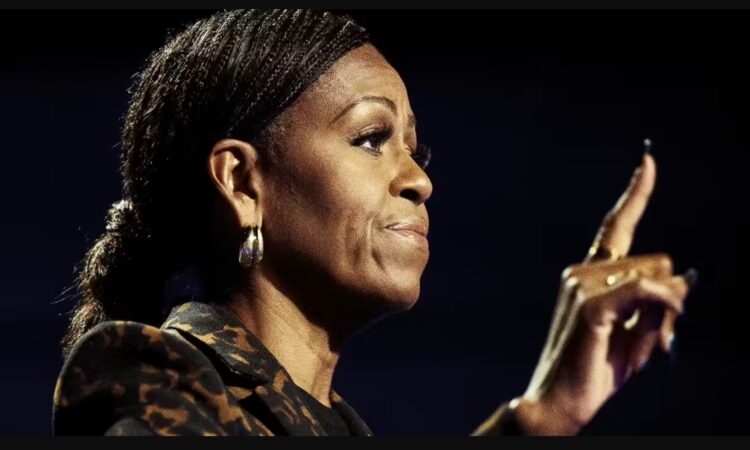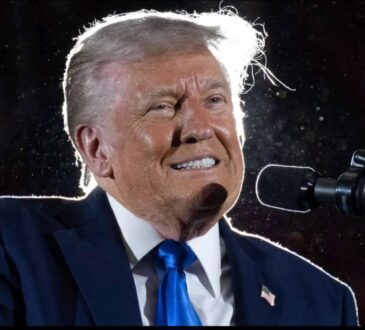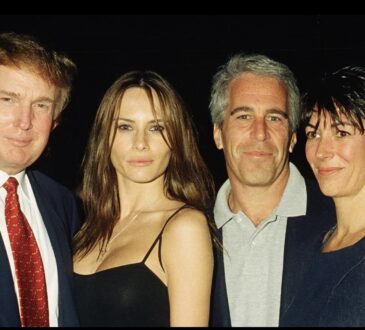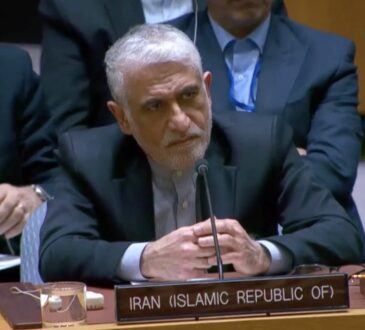
Michelle Obama recently talked about the pressure many Black women feel to change their natural hair in order to fit into beauty standards created mostly by white culture. She explained that Black hair naturally grows in curls and coils, and that this texture is completely normal. But for many years, a lot of Black women have felt that they needed to straighten their hair to be seen as “professional,” “neat,” or “acceptable” in schools, jobs, and social situations. She said this pressure can make women feel trapped.
She also talked about how keeping hair straight requires a lot of time, money, and effort. Many people spend hours at salons or at home using heat tools and chemical treatments to make their hair look straighter, only for it to be ruined by rain, sweat, or swimming. Michelle Obama joked that some Black women avoid pools and running water—not because they don’t want to swim, but because straightened hair can quickly curl back up, undoing all the work they put in. She said braids and protective hairstyles make life easier because they last longer and allow women to focus on their jobs, families, and goals rather than constantly worrying about their hair.
She questioned why society still needs laws to protect Black people from being judged or punished for wearing their natural hair. She said people should not comment on, question, or try to touch Black women’s hair, because it’s rude and makes people uncomfortable. Her message was basically: let Black women exist in peace without having to explain or defend their hair.
Her comments upset some conservative commentators. BlazeTV host Pat Gray said that if a white person spoke to Black people in the same direct tone that Obama used when addressing white people, they would instantly be labeled racist. He argued that a double standard exists, where white people would be harshly criticized for making broad statements about another racial group, but Obama is not held to the same level of criticism.
Pat Gray and his producer, Keith Malinak, reacted strongly. Gray wondered how she could speak that way without facing the same consequences others would. Malinak added his own frustration, saying he found her comments unreasonable. They both felt that Obama’s remarks were unfair and contributed to more tension instead of encouraging understanding.
The conversation has created a lot of debate online, with some people agreeing with Obama’s point about cultural pressure and others feeling that her comments were insulting or divisive. The discussion continues as people share their own experiences, frustrations, and opinions about hair, cultural expectations, and how different groups talk to and about each other.




